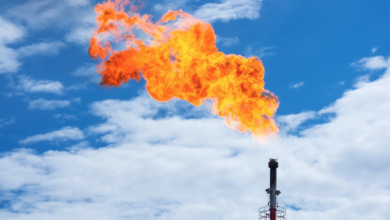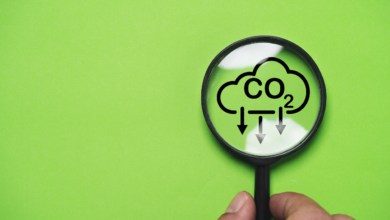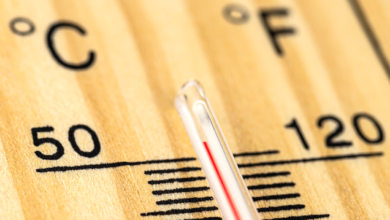2022 was the hottest year ever in many European countries

(sustainabilityenvironment.com) – 2023 began with one of the most powerful heat waves ever recorded in Europe. Spring temperatures, if not typical summer in Berlin, Warsaw, Copenhagen, Baltic countries, in the middle of winter. The thermal anomaly arrived at +18 C compared to the norm for New Year in many regions. Beginning of year that is in line with the trend of global warming in the previous 12 months. For several European countries, 2022 was the hottest year ever.
Italy: never so hot since 1800
Only the official status is missing. But the temperatures in December on the peninsula leave very little doubt. 2022 was, even for Italy, the hottest year ever, that is from 1800 when the systematic surveys of temperatures began. According to climatologist Bernardo Gozzini, director of the Lamma Consortium – CNR Consortium (National Research Council), both the maximum and average temperatures in 2022 mark a new record.
Read also Global warming, 2023 will be hotter than 2022
On the other hand, the ISAC-CNR data, despite the November braking, indicated that the year just ended was perfectly on the right path to beat all previous records. The average temperature recorded a positive thermal anomaly of 1.06°C compared to the average of the period 1991-2020. Warmer year than ever, up to November included, also for each of the three macro-regions of the peninsula: to the North +1,38°C, to the Center +1,01°C, to the South +0,85 °C.
France, record year decreed already in November
That 2022 was an absolute record year, beyond the Alps they had the certainty already towards the end of November. For the national meteorological service Meteo France, the average temperature at the end of the year would have been between 14.2 and 14.6 ºC, depending on the trend in December. In any case, values above 14.07 degrees representing the record in force, dating back to 2020.
Spain: record at 15.5°C
2022 ha sido el año más cálido en España desde, al menos, 1916, con diferencia respecto a los inmediatos seguidores (2017 y 2020).
— AEMET (@AEMET_Esp) January 2, 2023
Es la 1ª vez que la temperatura media anual supera 15 ºC. Hasta 2011, no se había llegado nunca a 14,5 ºC. Desde entonces, ha sucedido cinco veces. pic.twitter.com/RNhQheKQAL
For Spain, the national weather service Aemet waited on January 2 before declaring that 2022 was the hottest year ever even for the Iberian country. In the historical series of temperatures, which began in 1916, the year just passed was first with 15.5 °C on average. Broken the previous record: it is the first time in history that Spain exceeds the threshold of 15 degrees.
Until 2011, however, the averages had never exceeded 14.5 °C. Heat waves raged from May to October and again in late December, with the last great ola de calor of the year, in the Basque Country the mercury column rose to 25 degrees.
Germany to +2.3 °C
It was an “exceptional year” also in Germany, certified by the national meteorological service DWD on 30 December. The average temperature was 10.5 ºC, breaking the record that had stood since 2018, with a thermal anomaly of +2.3 ºC compared to the average of the period 1961-1990. The climate crisis brought Berlin a 2022 with a new record of hours of sunshine, but also 15% less rain.
In Britain never been so hot since 1884
Even beyond the English Channel, thermometers have recorded the hottest year ever. In Great Britain, the Met Office reported on 28 December, each month it was hotter than average in December. The consolidated data are not yet available, but in London they give for sure the overcoming of the 9,88°C has reached in 2014. Never so hot since 1884 for the Anglo-Saxon nation. This year will also be remembered because for the first time ever this summer the temperature has exceeded 40 degrees.





